
DPS Faculty
THE FACULTY
Department of Pharmaceutical Science – School of Pharmacy
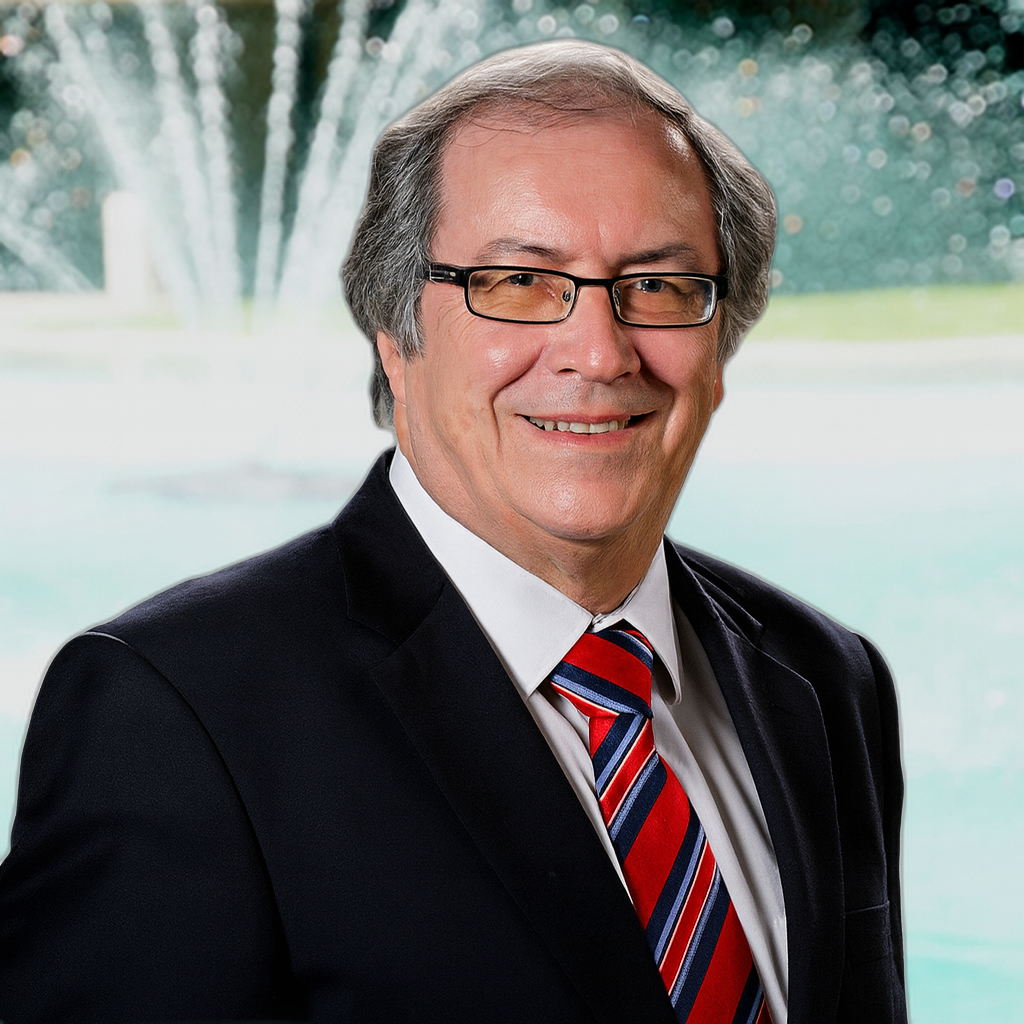

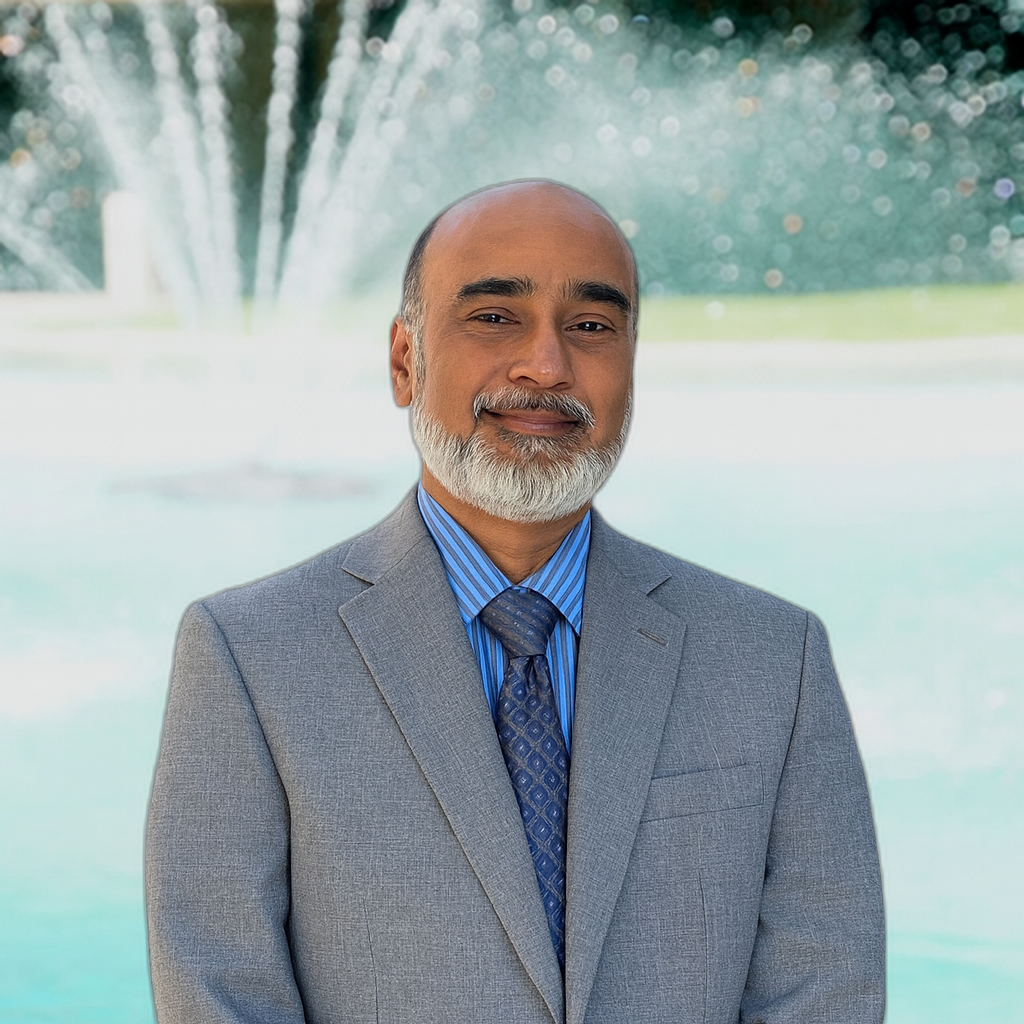

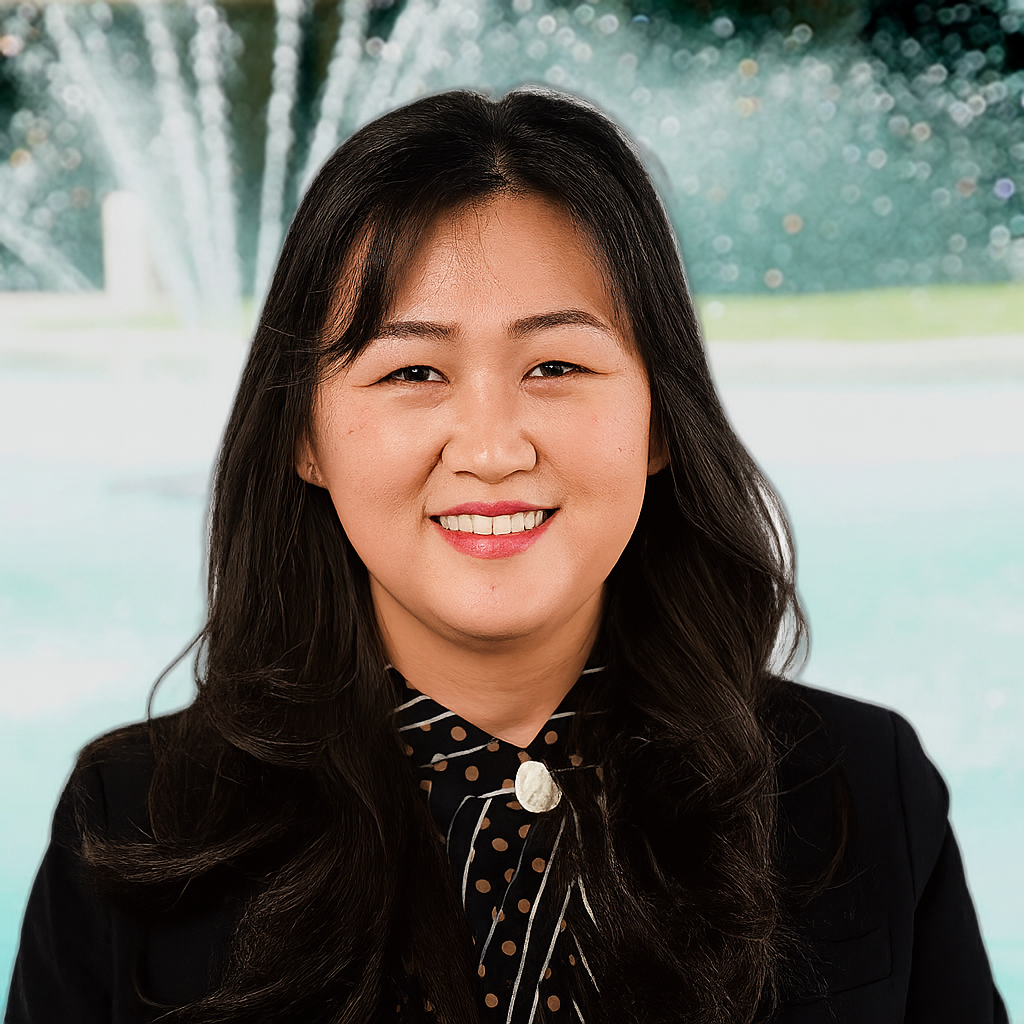

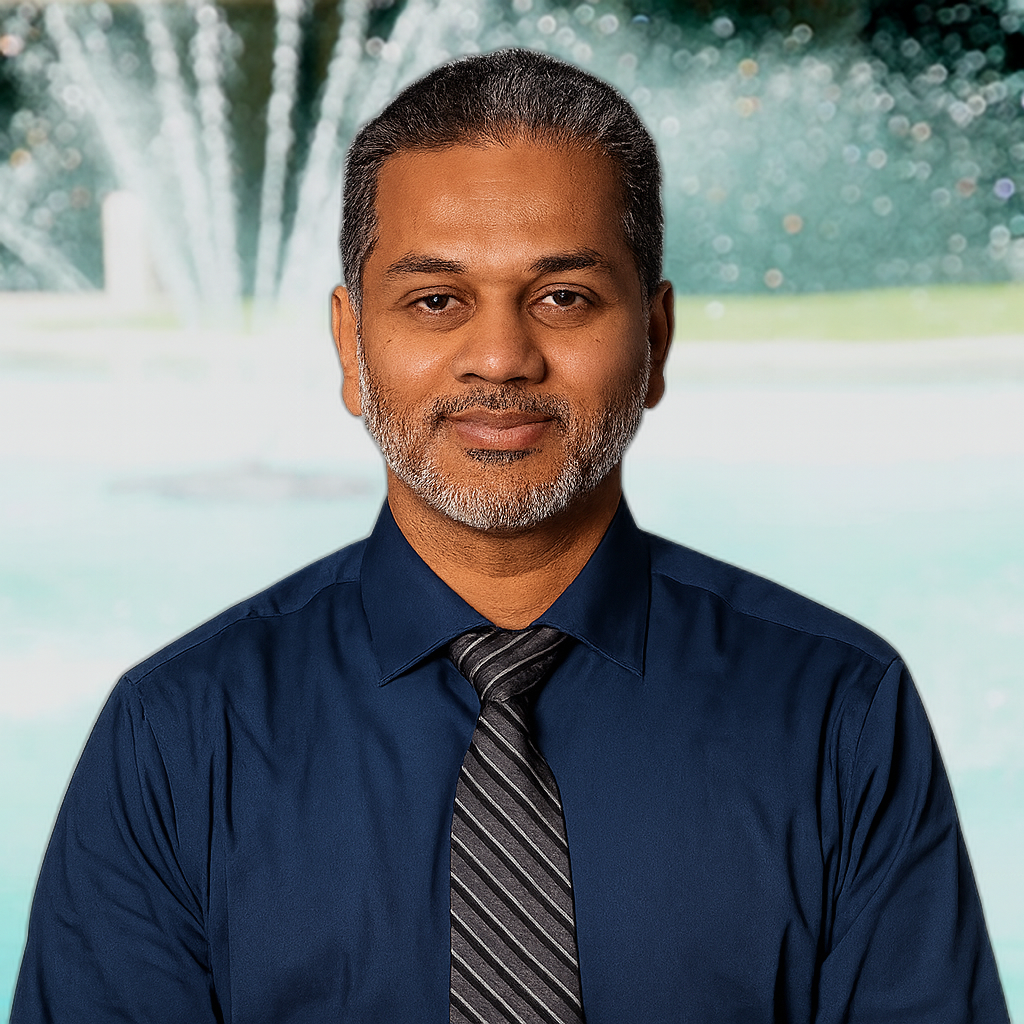

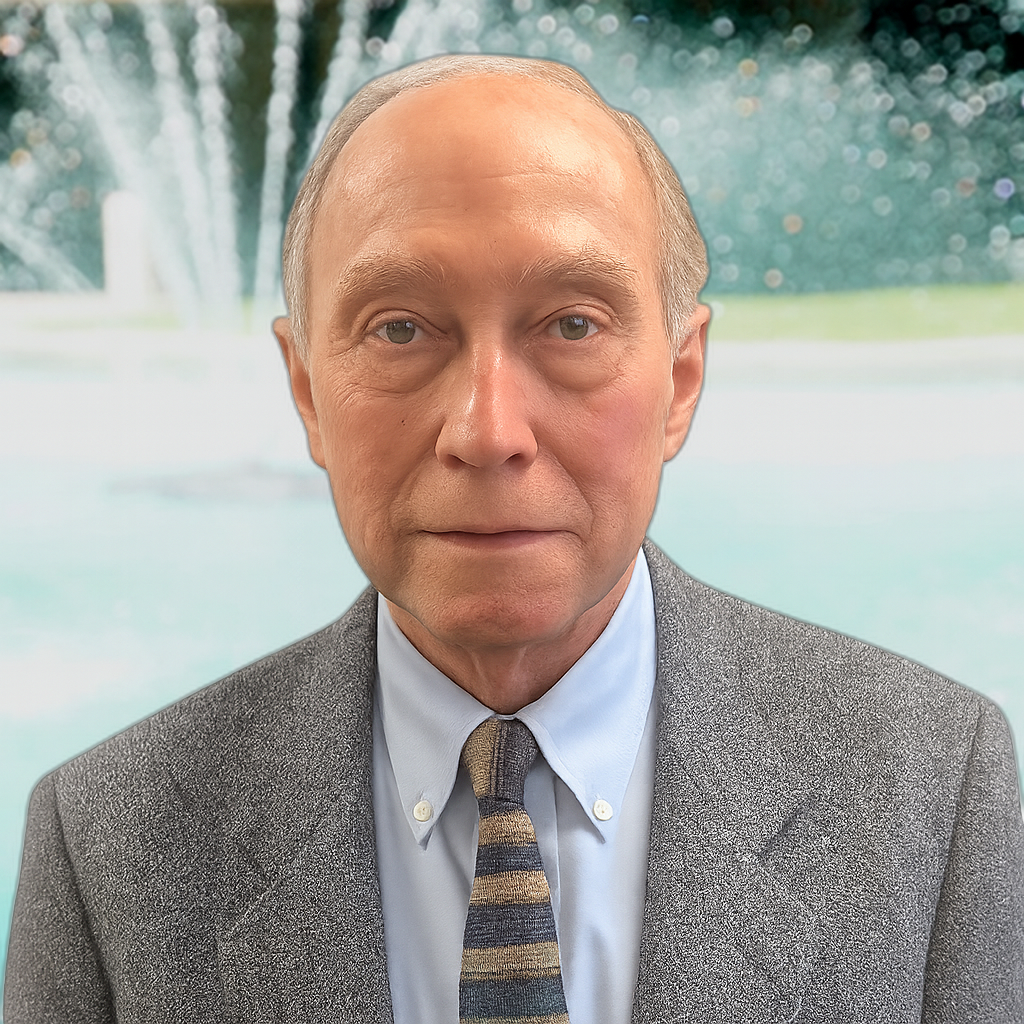



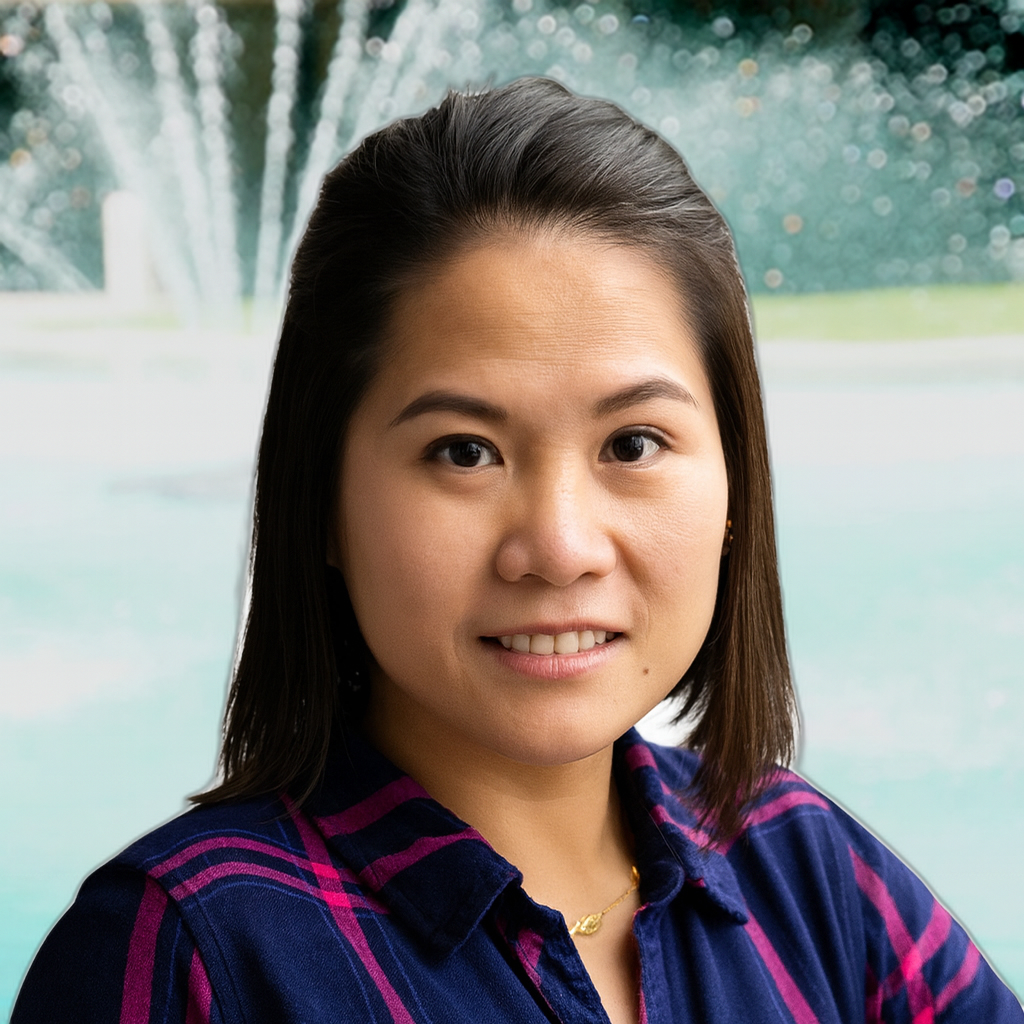






DPS Faculty
Department of Pharmaceutical Science – School of Pharmacy


















Do you really wish to opt out?

Jonathan Sheng, PhD

Assistant Professor of Pharmaceutical Sciences (Adjunct/Part-time Faculty)
Education
Bio
Dr. Jonathan Sheng received his Ph.D. training in Environmental Sciences and Toxicology at State University of New York at Albany and his post-doctoral training in Medicinal Chemistry/Pharmaceutical Sciences at the University of Iowa. He currently is a regular member of American Chemical Society (ACS), American Association of Pharmaceutical Scientists (AAPS), American Society for Pharmacology and Experimental Therapeutics (ASPET), and International Society for the Study of Xenobiotics (ISSX).
Dr. Sheng’s research interests and expertise are in the areas of drug and xenobiotic metabolism, drug analysis (both small molecules and biological molecules), enzymology (P450s and cytosolic sulfotransferases), protein chemistry (protein structure/function, molecular mobility, subcellular localization, and stereochemistry), transgenic animal model development, and drug/environmental chemical-protein interaction studies.
Publications
ABSTRACTS AT NATIONAL AND INTERNATIONAL MEETINGS

Oksana Zayachkivska, MD, PhD, DSc

Professor of physiology and pathophysiology
Education
Bio
Oksana Zayachkivska MD, completed of Internal Diseases and Endocrinology residency and obtained her PhD in the Physiology department at the Lviv National Medical University Medical Faculty (LNMU), Lviv, Ukraine, followed by associate professorship of physiology. Subsequently, she as visiting research fellow completed post-doctoral training, at the Physiology Department of Jagiellonian University Medical College, Cracow, Poland where she conducted advanced research in one of the European most prestigious labs of Prof. SJ Konturek. Later, after she completed her DSc in Medicine at LNMU, she was appointment as full Professor (2010) and Head of the Department of Physiology (2016) at LNMU. Her duties included also served as an advisor to doctoral students in the PhD program "Medicine". She was a mentor of research for ten PhD students (2009-2024). Since 2013, she has been a founding faculty member of the International Summer Schools on Stress. She joined the AUHS in 2022, as a professor of physiology and pathophysiology. She has joined appointment at the School of Pharmacy. She was recognized as the 2024 Research Scholar of the Year at the AUHS School of Pharmacy Faculty Awards (2025). She has more than 2 decades of accomplishments in investigating molecular and cellular mechanisms, brain-gut-fat axis in gastrointestinal and metabolic disorders, stress-related diseases, including prenatal programming and diet influence. So far, she has 150 original publications, 25 review articles and 20 book chapters.
Subject Matter Expertise
Physiology, Pathophysiology, Pharmacology; Gastroenterology; Endocrinology, Stress Medicine
Selected Publications
Zayachkivska, O. Where Is the place of the modern understanding of obesity in GI problems in Parkinson Disease? Reviewing Traditional Models Through Contemporary View. J Clinical Gastroenterology 59(6): 582, July 2025. | DOI: 10.1097/MCG.0000000000002207
Zayachkivska O, et al. Looking ahead to 2026. Med Sci. 2025Jun.20;77(1). https://doi.org/10.25040/ntsh2025.01.02
Zayachkivska O, et al. The role of social media in shaping scientific medical journals. Med Sci. 2025Jun.20;77(1). https://mspsss.org.ua/index.php/journal/article/view/1134
Szabo S. Zayachkivska O, et al. Long COVID has variable incidence and clinical presentations: our 6‑country collaborative study. Inflammopharmacology, Published online Feb. 21,2025, https://doi.org/10.1007/s10787-025-01640-1
Chang YI, Kovalchuk I, Savytska M, Zayachkivska O. Building active learning in medical education: How to bridge vision with real practice? Med Sci. 2024; 76 (2). https://doi.org/10.25040/ntsh2024.02.25
Szabo S, Bekesevych A, Zayachkivska O. Integrative medicine – the future of healthcare? Med. Sci. 2024; 76 (2). DOI: https://doi.org/10.25040/ntsh2024.02.24
Zayachkivska O et al. Long COVID prevalence and physiology-centered risks: population-based study in Ukraine. Inflammopharmacol 31, 597–602 (2023).
Szabo S, Gyires K, Zayachkivska O. Introduction to the ‘long COVID’ special issue. Inflammopharmacology. 2023 Mar 28:1
Zayachkivska O, et al. Clinical aspects in translational research on gastric tumorigenesis and development of new treatments. Med Sci. 2023 Dec.22;72(2).
Zayachkivska O et al. What is the role of brown adipose tissue in metabolic health: lessons learned and future perspectives in the long COVID?. Inflammopharmacology. 2023 Mar 21:1-9.
Szabo S, Zayachkivska O, Hussain A, Muller V. What is really ‘Long COVID’? Inflammopharmacology. 2023, 31, 551-557. https://doi.org/10.1007/s10787-023-01194-0
Zayachkivska O, et al. Hydrogen Sulfide Prevents Mesenteric Adipose Tissue Damage, Endothelial Dysfunction, and Redox Imbalance From High Fructose Diet-Induced Injury in Aged Rats. Frontiers in Pharmacology. 2021:1995.
Szabo S, Zayachkivska O. Creativity and originality are key elements in medical research: Recent illustration by the 2023 Nobel Prize in physiology or medicine to Katalin Kariko and Drew Weissman. Med Sci. 2023, 72, (2). https://doi.org/10.25040/ntsh
Zayachkivska O., et al. Self-Perception of changes in lifestyle and wellbeing associated with social distancing during COVID-19 pandemic among medical students (the study in Lviv, Ukraine). Med Sci. 2021 Jun 10;64(1).
Zayachkivska O, et al. Integrative physiology as a tool for medical education transformation. Med Sci. 2021 Dec 13;65(2).
Zayachkivska O, et al. H2S Donors reverse age-related gastric malfunction impaired due to fructose-induced injury via CBS, CSE, and TST Expression. Frontiers in Pharmacology. 2020 Jul 24;11:1134.
Zayachkivska, O., et al . Physiological basis for novel drug Hydrogen Sulfide-related therapy used to treat oxidative stress in the model of fructose-induced injury. The FASEB Journal, 33, 2019 lb67-lb67.
Zayachkivska, O. Digital technology in teaching medical students. Proceeding of the Shevchenko Scientific Society. Med Sci. 2018, 52(1), 57-64. (Q3)
Zayachkivska, O., et al. Exposure to non-steroid anti-inflammatory drugs (NSAIDs) and suppressing hydrogen sulfide synthesis leads to altered structure and impaired function of the oesophagus and oesophagogastric junction. Inflammopharmacology, 2015, 23(2-3), 91-99.
Zayachkivska, O. Inflammatory response in visceral fat tissue and liver is prenatally programmed: experimental research. J Physiol Pharmacol, (2015). 66(66), 57-64. (Q2)
Brzozowski T, Zayachivska O, et al. Grapefruit-seed extract attenuates ethanol-and stress-induced gastric lesions via activation of prostaglandin, nitric oxide and sensory nerve pathways. World Journal of Gastroenterology: WJG. 2005 Nov 7;11(41):6450. (cited by 459)
Zayachkivska OS, Konturek SJ, et al. Gastroprotective effects of flavonoids in plant extracts. J J Physiol Pharmacol, 2005;56(1):219-31.
Research Interests:
Molecular & cellular mechanisms of GI injury and cytoprotection; Adipose tissue; Stress-realated diseases; Stress resilience; Long COVID

Nhung Le, PhD

Assistant Professor of Pharmaceutical Sciences
Research Interests
The focus of my previous work was centered around biocomplexity and how our immune system communicates with our microbiome, as well as how these interactions affect female reproductive disorders such as endometriosis and preterm birth. Thus, as my next step in my career, I want to continue to focus on using molecular biology techniques in order to gain a mechanistic understanding of the interactions between the immune system and mucosal microbial dynamics.
Molecular and Cellular Biological Techniques
Education and training
2016 – 2021 Ph.D., Medical Microbiology, Immunology and Cell Biology, Southern Illinois University School of Medicine
2014 – 2016 M.S., Public Health, Southern Illinois University Carbondale
2009 – 2010 M.S., Epidemiology, Washington University in St. Louis
2004 – 2008 B.A., Biochemistry, Westminster College
Peer-reviewed Publications
Abstract, Posters, Oral Presentations

Jonathan Coffman, PhD., MBA

Assistant Professor of Pharmaceutical Sciences
Education
Bio
Dr. Coffman has been teaching Medical Microbiology, Immunology and Genetics for the last few decades and has supported his students with research, poster presentations and publications. Dr. Coffman has developed several biomedical science programs along with courses in health-care administration, and he has also worked with several institutions on accreditation, programmatic assessments, student recruitment and marketing strategies.
Subject Matter Expertise
Microbiology
Publications/Presentations
Research Interests

Suhui Yang, PhD

Assistant Dean for Student Affairs and Admissions
Education
Bio
Dr. Suhui Yang obtained her B.S. in Oceanography (major) and Chemistry (minor) from Pukyong National University, South Korea, in 2004 and her M.S. in Marine Chemistry from Stony Brook University, New York, in 2008. She later switched her interest to Medicinal Chemistry and earned her Ph.D. under the guidance of Prof. Won-Jea Cho from Chonnam National University, South Korea, in 2012. Her doctoral research was focused on the design and development of novel small molecule compounds targeting Androgen Receptor, Topoisomerase, or JAK/STAT pathway for treating cancers. In research, she used to apply computational techniques such as virtual screening or molecular docking, synthesize various chemical libraries, and optimize the active compounds.
Dr. Yang moved to the University of Michigan where she conducted research as postdoctoral fellow with Prof. Nouri Neamati, working on synthesis of bioactive small molecule compounds as anti-cancer agents (2013-2017). Dr. Yang joined the faculty of the American University of Health Sciences as an Assistant Professor of Pharmaceutical Sciences, School of Pharmacy, in August 2018. Her current research interests are the design and development of small molecule compounds as chemotherapeutic agents and the use of photoaffinity probes for identification of the molecular targets of small molecules.
Selected Publications

Sandor Szabo, MD, MSc, PhD, MPH, DSc (h.c.)

Professor of Pharmaceutical Sciences
Education
Bio
Sandor Szabo, obtained his PhD in the department of Prof. Hans Selye, the ‘father of biologic stress’ at the University of Montreal. Subsequently, he completed 4-years of pathology residency at the Brigham & Women’s Hospital/Harvard Medical School where he remained for an additional 17 years as an assistant professor, followed by associate professorship of pathology, until he was invited to join the Department of Pathology at School of Medicine, University of California, Irvine (UCI), as a professor of pathology & pharmacology. His hospital duties included being chief of Pathology & Laboratory Service for 20 years at the VA Medical Center (teaching base of UCI) , Log Beach, CA, during which he also covered the duties of chief of (medical) staff for 12 years. He joined the School of Pharmcy of AUHS in 2019, as a professor of pharmaceutical sciences. He has more than 4 decades of accomplishments in investigating stress-related diseases, especially gastrointestinal (GI) ulcers, and endocrine diseases. So far, he has 235 original publications, 71 review articles and 40 book chapters. He was also teaching medical students and residents many subjects in these diseases, especially their pathologic and pharmacologic aspects, at Harvard Medical School and UCI.
Subject Matter Expertise
Pharmacology; Pathology; Gastroenterology; Endocrinology; Public health
Selected Publications
Szabo S. et al. Long COVID has variable incidence and clinical presentations: our 6‑country collaborative study. Inflammopharmacology, Published online Feb. 21,2025, https://doi.org/10.1007/s10787-025-01640-1
Schloss JV, Szabo S. On the origin of cysteamine induced duodenal cytotoxicity and type II ferroptosis. Inflammopharmacology. 2024; 32 (6): 3739-3744. DOI: https://doi.org/10.1007/s10787-024-01551-7
Szabo S, Bekesevych A, Zayachkivska O. Integrative medicine – the future of healthcare? Med. Sci. 2024; 76 (2). DOI: https://doi.org/10.25040/ntsh2024.02.24
Szabo S, Zayachkivska O, Hussain A, Muller V. What is really ‘Long COVID’? Inflammopharmacology. 2023, 31, 551-557. https://doi.org/10.1007/s10787-023-01194-0
Szabo S. The post‐COVID stress syndrome: From the three‐stage stress response of Hans Selye to COVID‐19. Inflammopharmacology. 2023, 31, 2799-2806. https://doi.org/10.1007/s10787-023-01179-z
Szabo S, Gyires K, Zayachkivska O. Introduction to the ‘long COVID’ special issue. Inflammopharmacology. 2023, 28:1-2.
Szabo S, Zayachkivska O. Creativity and originality are key elements in medical research: Recent illustration by the 2023 Nobel Prize in physiology or medicine to Katalin Kariko and Drew Weissman. Med. Sci. 2023, 72, (2). https://doi.org/10.25040/ntsh
Szabo S. COVID-19: New disease and chaos with panic, associated with stress. Med. Sci., 2020; 59: 41-62. https://doi.org/10.25040/ntsh2020.01.14
Szabo S, Tache Y, Somogyi A. The legacy of Hans Selye and the origins of stress research: A retrospective 75 years after his landmark “letter” in Nature. Stress, 2012;15:472-478. https://doi.org/10.3109/10253890.2012.710919
Deng X, Szabo S, Khomenko T, Tolstanova G, Paunovic B, French SW, Sandor Z. Novel pharmacologic approaches to the prevention and treatment of ulcerative colitis. Curr. Pharm. Des. 2013; 19:17-28. https://doi.org/10.2174/13816128130105
Glavin G, Szabo S. Experimental gastric mucosal injury: laboratory models reveal mechanisms of pathogenesis and new therapeutic strategies. FASEB J. 1992; 6:825-831. https://doi.org/10.1096/fasebj.6.3.1740232
Szabo S, Nagy L, Plebani M. Glutathione, protein sulfhydryls and cysteine proteases in gastric mucosal injury and protection. Clinica Chimica Acta 1992; 206:95-105. https://doi.org/10.1016/0009-8981(92)90010-n
Crum R, Szabo S, Folkman J. A new class of steroids inhibits angiogenesis in the presence of heparin or a heparin fragment. Science 1985; 230:1375-1378. https://doi.org/10.1126/science.2416056
Szabo S, Trier JS, Frankel PW. Sulfhydryl compounds may mediate cytoprotection. Science 1981; 214:200-202. https://www.science.org/doi/10.1126/science.7280691
Szabo S. Dopamine disorder in duodenal ulceration. Lancet 1979; 2:880-882. https://doi.org/10.1016/s0140-6736(79)92690-4
Szabo S, Horvath E, Kovacs K, Larsen PR. Pyrazole-induced thyroid necrosis: a distinct organ lesion. Science 1978; 199:1209-1210. https://doi.org/10.1126/science.628835
Lichtenbrger LM, Szabo S, Trier JS, Reynolds ES. Duodenal ulcerogens, cysteamine and propionitrile, stimulate serum gastrin levels in the rat. Gastroenterology 1977; 73:1305-1308. https://doi.org/10.1016/S0016-5085(19)31505-7
Selye H, Szabo S. Experimental model for production of perforating duodenal ulcers by cysteamine in the rat. Nature 1973; 244:458-459. https://doi.org/10.1038/244458a0
Research Interests
Molecular & cellular mechanisms of GI ulceration; Stress-realated diseases, Preventive
medicine; Long COVID

Alamdar Hussain, Ph.D.

Associate Professor of Pharmaceutical Sciences
Education
Ph.D., Pharmaceutics, Texas Tech University Health Sciences Center, Amarillo, TX
B.S. in Pharmacy, Kakatiya University, Warangal, India
Bio
Dr. Hussain received his Ph.D. in Pharmaceutics from the Graduate School of Biomedical Sciences at Texas Tech University Health Sciences Center in Amarillo, TX, and his B.S. in Pharmacy from Kakatiya University in India. Prior to joining AUHS, Dr. Hussain worked as Assistant Professor of Pharmaceutical Sciences at the Universities of Louisiana and Oklahoma. He has taught both professional pharmacy and graduate students various courses including but not limited to Pharmaceutics, Compounding Pharmacy, Pharmacokinetics, Physical Pharmacy, Advanced Drug Delivery and Targeting, Pharmaceutical Technology, Medical Microbiology, and Biotechnology. He has also mentored several M.S. and Ph.D. students throughout his career.
Dr. Hussain’s research interest primarily focuses in the field of inhalation protein and peptide drug delivery. He is currently investigating ways to improve absorption of drugs by non-invasive routes in laboratory animals and understand mechanisms of macromolecular drug transport in vitro. Dr. Hussain is also passionate about student learning and implements novel methods of teaching and learning in classroom and laboratory. He is actively pursuing the arena of Scholarship of Teaching and Learning after joining AUHS in 2020.
With regard to his leadership experience, Dr. Hussain is a former Chair of the Department of General Education at AUHS. Currently, he serves as the Assistant Dean for Student Affairs and Admission for the School of Pharmacy.
Selected Publications (Since 2014)
E. Nguyen, S. Kim, M. Islam, Y. Chang, J. Aoyagi, A. Hussain (2022). An entrepreneurial activity implementation and assessment among pharmacy students amid the COVID-19 pandemic lockdown. Pharmacy Education, 22(1):16-22.
A. Hussain, H. Chau, H. Bang, L. Meyer, M. Islam (2021). Performance of pharmacy students in a communications course delivered online during the COVID-19 pandemic. American Journal of Pharmaceutical Education, 85(10): Article 8617.
A. Hussain (2021). Implementation of online assignment submission with instant feedback in a pharmacy course. Pharmacy Education, 21(1):45-50.
D. Raghuvanshi, G. Nkepang, A. Hussain, H. Yari, V. Awasthi (2017). Stability studies on an anticancer drug 4-(3.5-bis (2-chlorobenzylidene)-4-oxo-piperidine)-4-oxo-2-butenoic acid (Clefma) using a stability indicating HPLC method. Journal of Pharmaceutical Analysis, 7(1):1-9.
G. Rao, A. Hedrick, V. Yadav, J. Xie, A. Hussain, V. Awasthi (2015). The brain metabolic activity after resuscitation with liposome-encapsulated hemoglobin in a rat model of hypovolemic shock. Journal of Cerebral Blood Flow Metabolism, 35(9):1528-36.
K. Amancha, A. Hussain (2015). Effect of protease inhibitors on pulmonary bioavailability of therapeutic proteins and peptides in the rat. European Journal of Pharmaceutical Sciences, 20(68):1-10.
V. Yadav, A. Hussain, J Xie, S. Kosanke, V. Awasthi (2015). The salutary effects of diphenyldifluoroketone EF24 in liver of a rat hemorrhagic shock model. Scandinavian Journal of Trauma Resuscitation and Emergency Medicine, 23:8.
V. Yadav, A. Hussain, K. Sahoo, V. Awasthi (2014). Remediation of hemorrhagic shock-induced intestinal barrier dysfunction by treatment with diphenyldihaloketones, EF24 and Clefma. Journal of Pharmacology and Experimental Therapeutics, 351(2):413-422.
K. Amancha, S. Balkundi, Y. Lvov, A. Hussain (2014). Pulmonary sustained release of insulin from microparticles composed of polyelectrolyte layer-by-layer assembly. International Journal of Pharmaceutics, 466(1-2)96-108.

Mohammed A. Islam, PhD, RPh

Senior Associate Dean for Academic Affairs, Professor
Education
PhD and MPhil (Toyama University, Japan) and BS and MS in Pharmacy (University of Dhaka, Bangladesh)
Bio
Dr. Islam currently serves as the Senior Associate Dean of Academic Affairs and Professor of Pharmaceutical Sciences at the American University of Health Sciences (AUHS) School of Pharmacy. Dr. Islam has more than 20 years of academic research, teaching, pharmacy practice, and administrative experiences. Prior to joining AUHS in February 2019, he served as Assistant Dean of Academic Affairs and Professor of Pharmacology at West Coast University School of Pharmacy.
Dr. Islam went to Toyama University in Japan where he earned MPhil and PhD degrees in Pharmaceutical Sciences. He earned his master’s and bachelor’s degrees in pharmacy from the University of Dhaka, Bangladesh.
Dr. Islam has extensive research experience with more than 30 peer-reviewed journal articles and 55 conference abstracts. His current research interests include pharmacy curriculum, global pharmacy education, and Scholarship of Teaching and Learning (SoTL). Dr. Islam’s research has been published in leading pharmacy education journals and presented at national and international conferences.
Published Education

John V. Schloss, PhD

Chair of Pharmaceutical Science / Associate Dean of Research, Professor
Education
BS (University of Tulsa, 1973), PhD (University of Tennessee-Knoxville/Oak Ridge National Laboratory, 1978), NIH Postdoctoral Fellow-University of Wisconsin-Madison, 1978-81
Bio
Dr. Schloss brings a perspective on pharmacy education to AUHS based on 10 years as a professional scientist in DuPont’s Central Research Department; 9 years as Professor at the University of Kansas, School of Pharmacy; 6 years in pharmacy-related biotech; and 10 years helping to build the basic science and research components of two domestic and one foreign pharmacy programs. He has remained active in both research and the education of graduate and undergraduate students, while securing research funding from international, federal, state, and private sources. Dr. Schloss was an NIH-postdoctoral fellow at the University of Wisconsin in Madison and holds a Ph.D. in Biomedical Sciences from the University of Tennessee for work conducted at the Oak Ridge National Laboratory.